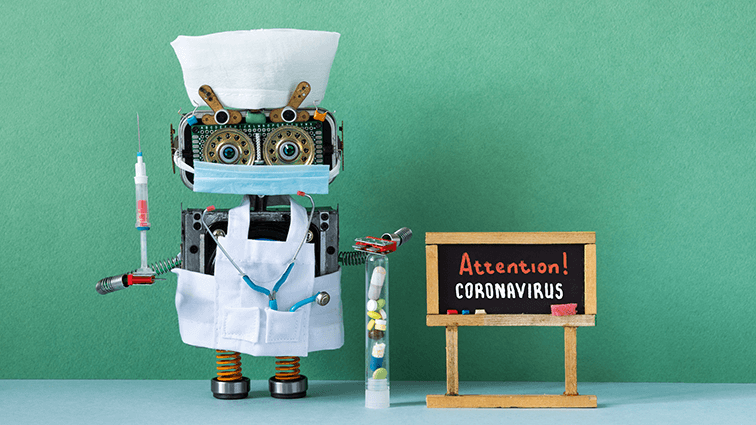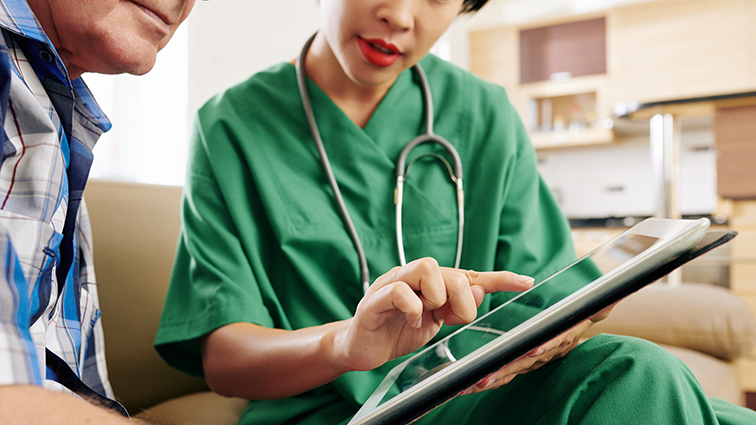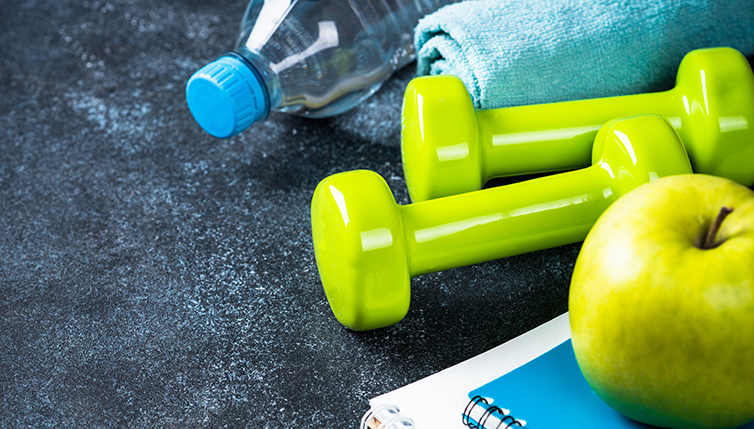For several months the world has been gripped by a new novel virus that spreads from person to person, causing respiratory issues and, in some cases, death.
Coronavirus disease 2019, or COVID 19, is a novel coronavirus, which means that it has not previously been identified.
As of March 23, John Hopkins University and Medicine reports that more than 353,000 total COVID 19 cases have been confirmed around the world, with more than 15,000 deaths having occurred.
The situation surrounding the coronavirus, while still fairly new in the United States, has rapidly evolved in the months since it was first discovered in China.
The best way to protect yourself, and your family, from this often devastating disease, is to know what you're dealing with, even if some of that information changes from day to day.
Here's what you should know about COVID 19:
What is COVID 19 and where did it come from?
COVID 19 is an infectious disease caused by a newly discovered coronavirus.
For many, COVID 19 will present with symptoms similar to the flu or mild upper respiratory tract illnesses, but for others, it can cause pneumonia in both lungs, multi-organ failure and in some cases death.
Cases of COVID 19 were first reported in December 2019 in Wuhan, China. Researchers with the Shanghai Public Health Clinical Centre published a report on the virus suggesting that it originated in a live animal market in that city.
The researchers believe the virus originated in bats and was eventually transferred to humans through a second species of animal.
How does COVID 19 spread?
The novel coronavirus is spread from human to human. While much is still unknown about the virus, health officials believe COVID 19 is primarily spread when someone comes in relatively close contact with an infected person.
For instance, the CDC notes that the disease spreads between people who are within about six feet of each other through respiratory a cough or sneeze.
It is possible that the disease also spreads through objects and surface contamination.
The CDC believes that when an infected person touches an object or surface that material then holds the virus. If someone were to touch that surface then touch their mouth, eyes or nose, they may then contract the virus. Some studies suggest that the virus can live on surfaces anywhere from a few hours to a few days
Who is most at risk for COVID 19?
While everyone is susceptible to COVID 19, the virus can be more harmful to certain individuals.
So far, COVID 19 cases have been found in people of all ages and health conditions, however, based on available information, the CDC has found that those at high risk for severe illness include:
● Individuals 65 years of age and older
● Those who live in a nursing home or long term care facility
● Individuals with preexisting medical conditions, such as lung disease, asthma, diabetes, heart disease, and high blood pressure
● People who are immunocompromised, including those who receive cancer treatments
What are the symptoms of COVID 19?
Symptoms of COVID 19 may not begin immediately after exposure. In fact, the World Health Organization estimates that the "incubation period" or the time between catching the virus and experiencing symptoms is one to 14 days, with a common experience of five days.
The most common symptoms of COVID 19 are fever, tiredness, and dry cough, according to the CDC.
In some cases, infected individuals may experience aches and pains, nasal congestion, runny nose, sore throat, and diarrhea.
For the large majority of people, symptoms will be mild to moderate, with some not even showing symptoms of infection.
According to the CDC, most people recover from the disease without needing special treatment. Still, about one out of every six people who get COVID 19 becomes seriously ill and develops difficulty breathing. This can be especially true for older people, and those with underlying medical problems.
Getting tested for COVID 19
Individuals who develop symptoms of COVID 19, such as fever, cough and difficulty breathing, or who have been in close contact with a person know to have COVID 19, or who have recently traveled to an area with an ongoing COVID 19 outbreak should contact their healthcare provider about being tested for the virus, the CDC recommends.
Your doctor will determine if you have signs and symptoms of COVID 19 and should be tested.
Beta tests for COVID 19 are not widely available just yet, many states and cities in the United States have limited who can be tested for the virus.
For instance, in New York City, some hospitals are only testing individuals who have been hospitalized, while other states have created drive through testing sites for those who have been approved over the phone by their doctor for testing.
Are there any treatments or vaccines for COVID 19?
There currently are no vaccines or treatments for COVID 19. However, there are many medical institutions and companies already working on such measures.
The World Health Organization notes that it is currently coordinating efforts to develop vaccines and medicines to prevent and treat the virus.
How can I protect myself?
The best way to prevent contracting COVID 19 is to avoid being exposed. If COVID 19 is known to be spreading in your community, individuals should keep approximately six feet of space between themselves and others. This is known as social distancing.
The CDC recommends that individuals clean their hands often by washing with soap and water for at least 20 seconds. If hand washing is not possible, it's recommended to hand sanitizer containing at least 60% alcohol.
Individuals should avoid touching their eyes, nose, and mouth with unwashed hands.
How do I protect others?
If you're sick, stay home, the CDC recommends. If you need medical care, call your doctor before visiting a hospital or doctor's office.
Additionally, be sure to cover your mouth and nose with a tissue or your elbow if you cough and sneeze. Be sure to throw the tissue away and immediately wash your hands.
Be sure to clean and disinfect frequently touched surfaces daily. It is best for a mixture of detergent or soap and water to disinfect areas. The CDC also provides a list of acceptable household disinfectants.
Law and orders related to COVID 19
Many countries, states and cities have issued orders or recommendations related to stemming the spread of COVID 19.
For instance, the United State implemented a 15-day social distancing policy that asks individuals to refrain from coming within six feet of others.
In China, the country went a step further ordering a lockdown of certain areas hardest hit by the virus, including Wuhan, where the illness was first discovered.
The list of impacted areas and regulations for residents changes each day. You should check your local and national news outlets for up to date information.



 Everything You Need to Know About Teladoc
Everything You Need to Know About Teladoc
 How Important is Dental Insurance?
How Important is Dental Insurance?
 Pre-existing Conditions and Short-Term Medical
Pre-existing Conditions and Short-Term Medical
 5 Easy Exercises You Can Do at Home!
5 Easy Exercises You Can Do at Home!
